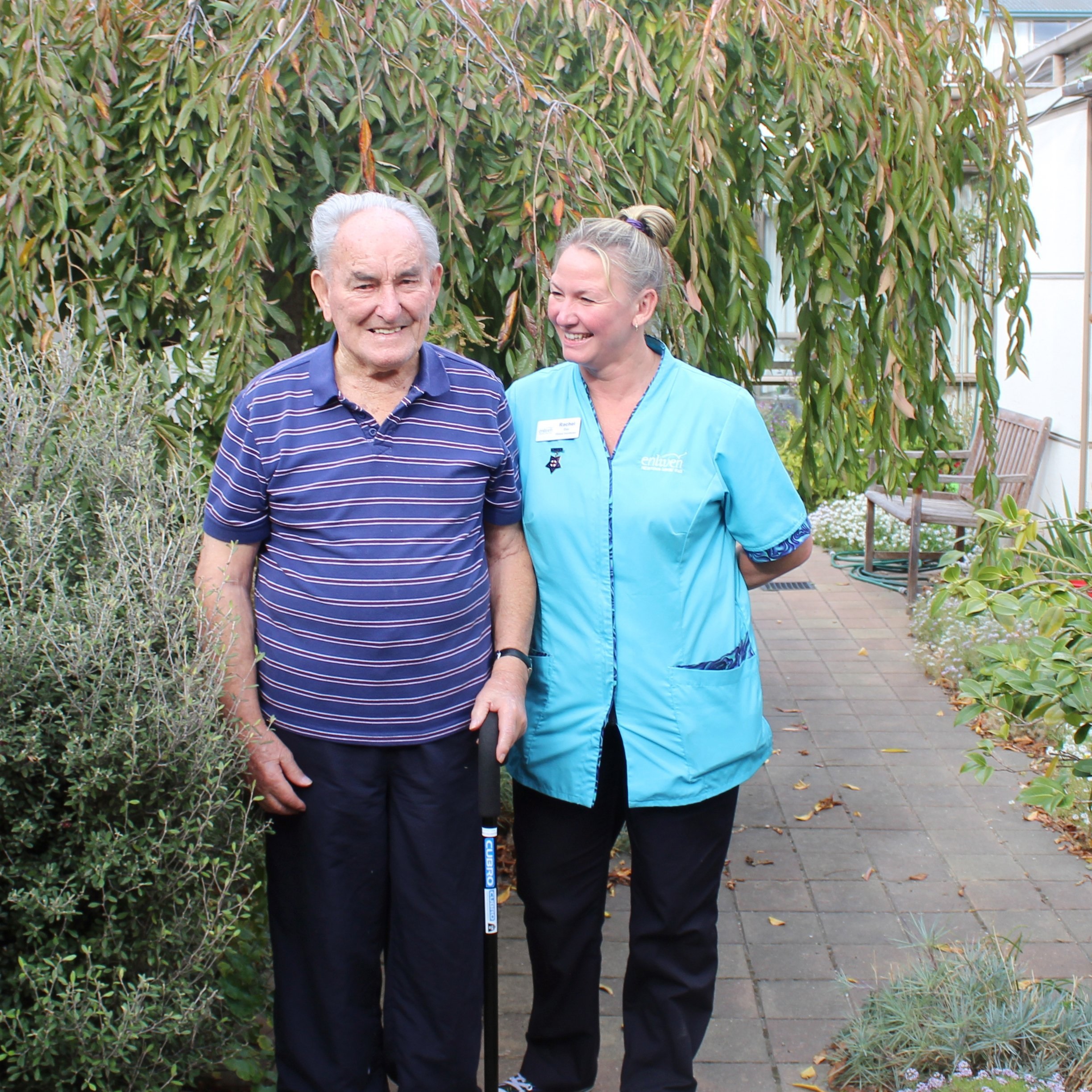Presbyterian Support Otago (PSO) has appealed to Wanaka property owners to open up their rental houses to provide homes for aged-care staff.
PSO Enliven director Sally O’Connor said last week rental accommodation was a key component to successfully recruiting staff for Aspiring Enliven Care Centre and Elmslie House, both in Wanaka.
Her comments echo calls made by other employers, including seasonal skifields, hotels and hospitality businesses, who have struggled to recruit or retain staff in the ongoing housing crisis.
‘‘We currently have three vacancies for permanent positions in Wanaka and casual positions are also available. Accommodation for these people, particularly if they are from overseas, is essential to be able to successfully recruit them,’’ Mrs O’Connor said in a statement.
‘‘It’s very important that we have aged care facilities in Wanaka for older people who are unable to remain in their own homes.
‘‘Naturally they would prefer to remain in their local community, with as much familiarity as possible, and can be close to family and friends.
‘‘To enable this, our aged care facilities have staff who care very much about looking after older people but for many of them, they are moving to Wanaka from different parts of the country and overseas so finding suitable accommodation is critical.
‘‘A range of suitable and affordable accommodation is needed, including homes for staff and their families.
‘‘If anyone has rental accommodation or knows about rental accommodation, we would love to hear from them,’’ Mrs O’Connor said.
Wanaka and Queenstown have long had issues with highpriced rental accommodation, as well as the preference of property owners to host shortstay visitors.
The resorts have experienced a resurgence of people since Covid drove visitors and residents away and there is now a dire shortage of rental accommodation, with people sleeping in cars and tents this winter.
A Queenstown Lakes District Council (QLDC) review of population and housing projections released in March reveals 23,480 houses in the district last year, with 9190 of those homes in the Wa ¯naka-Upper Clutha ward.
Independent economist Benje Patterson, of Queenstown, told the Otago Daily Times in April the housing problem was complex and not easy to fix.
The problem was not a lack of houses, but the big demand for secondary homes by Aucklanders and others, he said.
Changes to legislation has also made people more reluctant to rent out their properties.
Thousands of standard three to four-bedroom subdivision homes were being bought as secondary homes, and were not going into the rental pool either but rather to Airbnb and Bookabach, he said.
‘‘We’ve actually been losing rentals at the same time as we still had pretty sharp population growth,’’ Mr Patterson said.
Wanaka Chamber of Commerce general manager Glenn Peat repeated concerns in a May newsletter.
‘‘This is a complex issue that has been building for some time, and it is having a significant impact on local businesses … The lack of affordable housing in the area is making it difficult for businesses to attract and retain staff and is also driving up the cost of living for those who do manage to find accommodation.
‘‘This is putting pressure on wages and is creating a challenging environment for both employers and employees,’’ he said.
Mr Peat called for a collaborative approach, a range of strategies to increase housing supply, and more regional investment.
He acknowledged ongoing visitor demand for short-term rentals meant property owners had chosen to provide tourist accommodation.
Employees unable to find affordable housing had led to a high turnover rate in some businesses, affecting the local community and economy, Mr Peat said.
A QLDC spokeswoman said the council was sympathetic to people facing housing issues and recognised the need for greater action.
Recent council actions included creating planning rules to regulate short-term letting, in a bid to improve longterm renting opportunities.
That backfired when Airbnb appealed to the Environment Court and the new short-term letting rules were not included in the mediated outcome released by the court in January, she said.
An adopt-a-worker plea by the Snow Farm in May resulted in seasonal workers being placed in local homes.
Other skifields have created alliances with backpacker businesses and Cardrona Alpine Resorts houses many of its workers at The Brownston, in Wanaka.
The spokeswoman said the council also investigated an ‘‘adopt-a-worker scheme’’ but found the process challenging.
‘‘Unfortunately we were not able to progress this option in a way that would have balanced our duty of care to ratepayers and avoided council stepping beyond our remit,’’ she said.
However, the council was continuing to advocate for and participate in joint housing action to support the wellbeing and safety of people affected by accommodation issues, she said.





